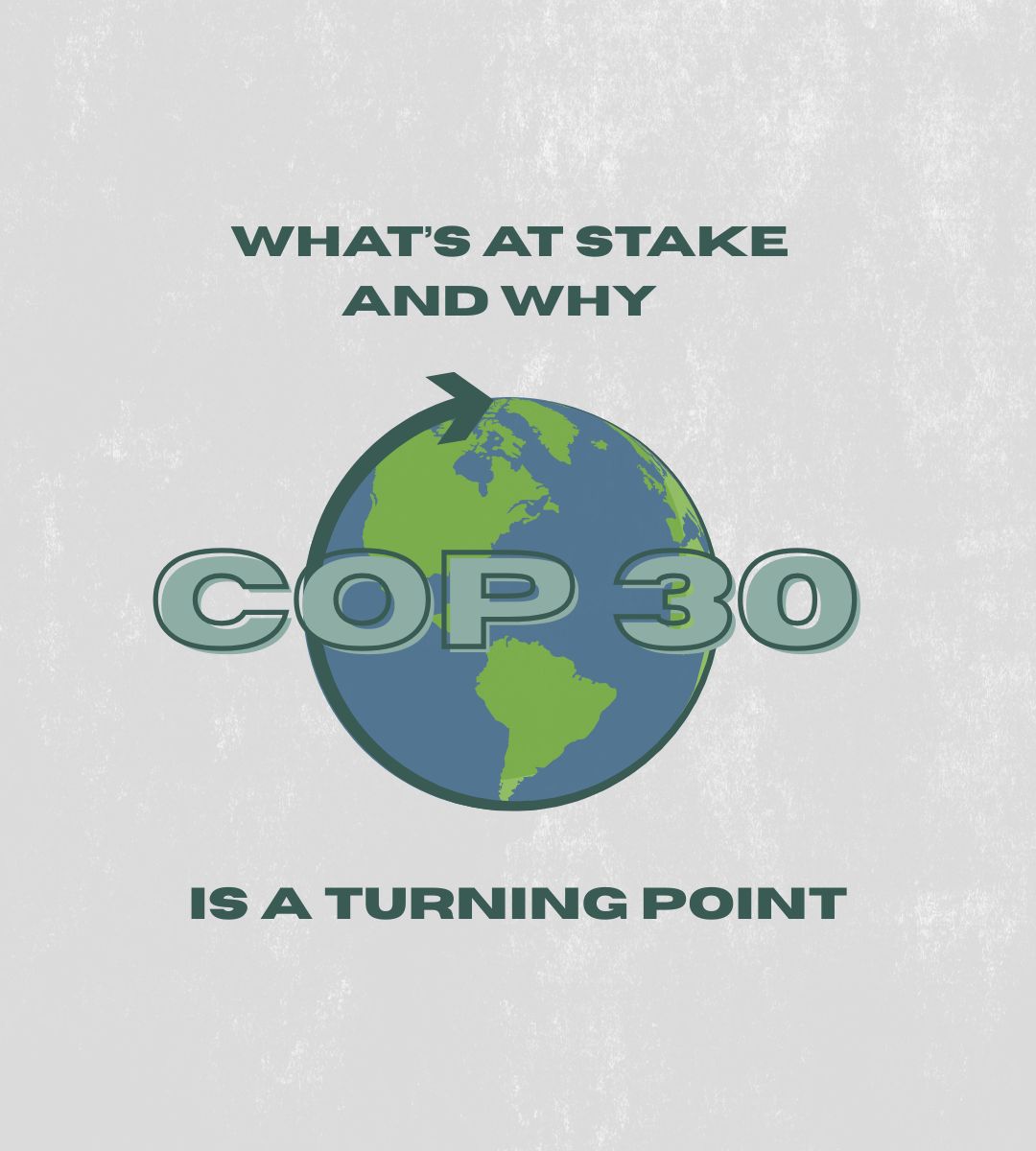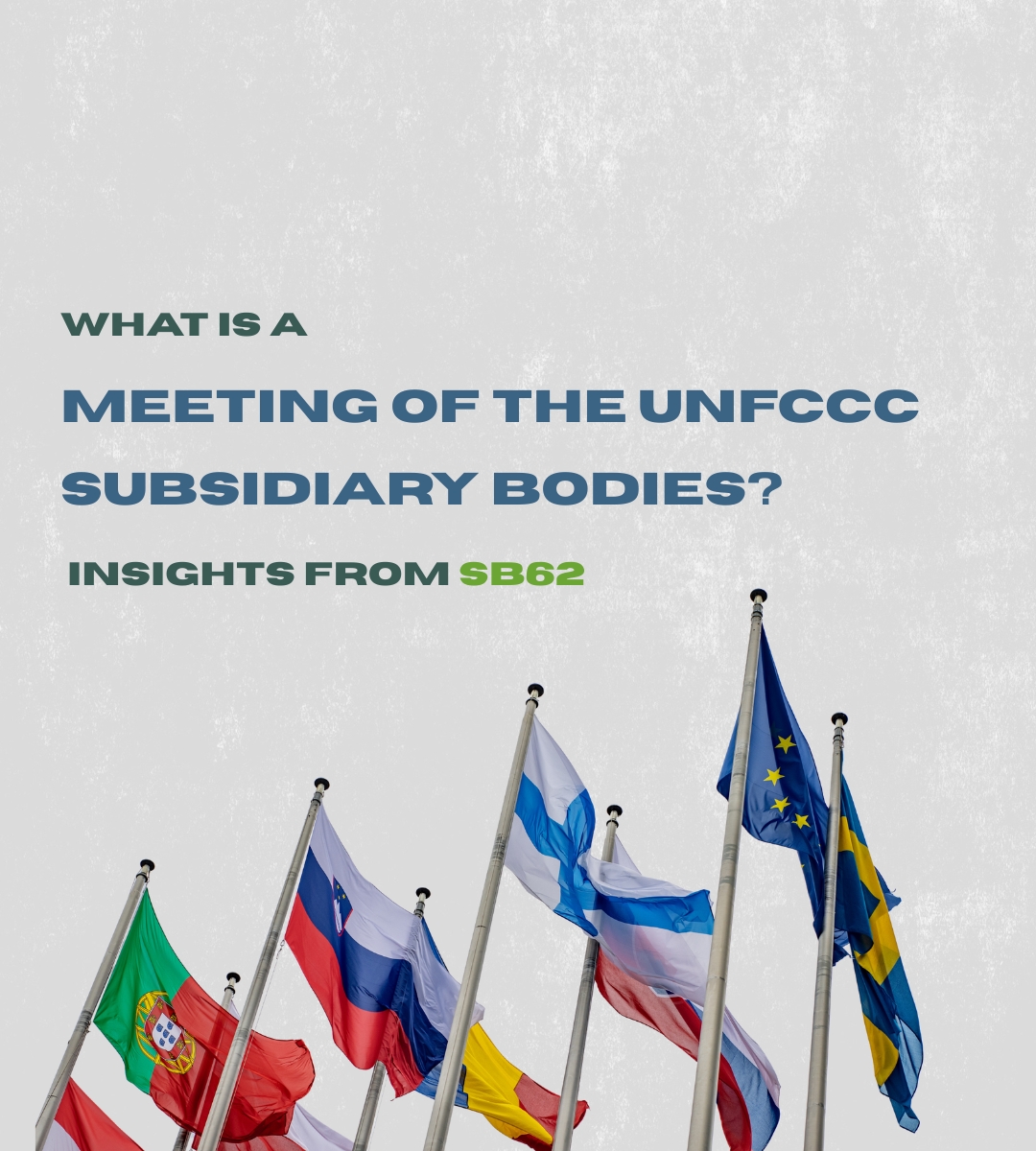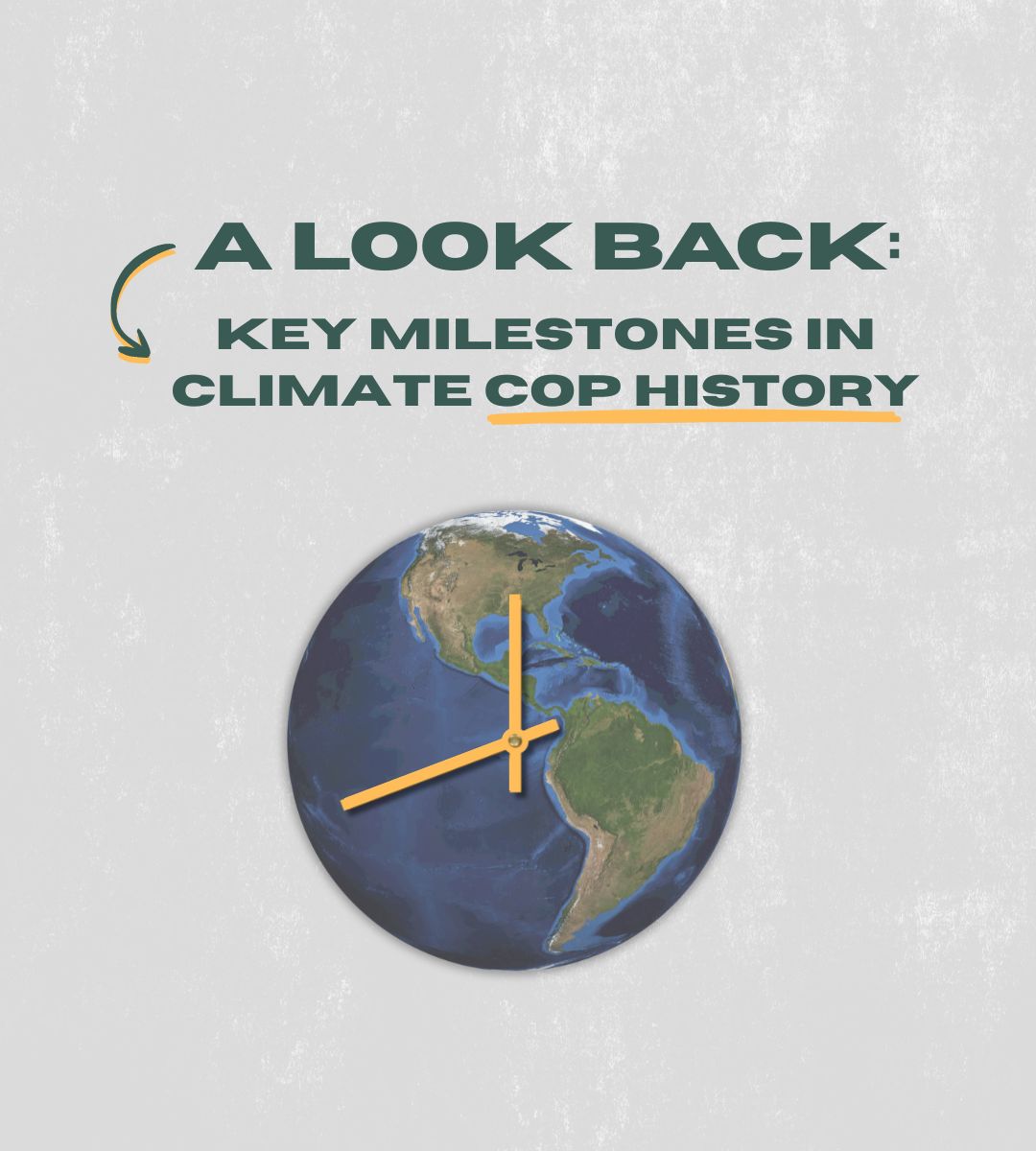
Research and Impact
The University of Edinburgh is recognised globally for its excellence in research, teaching and innovation.
Our academics are at the forefront of applying cutting edge research to help communities adapt and mitigate the effects of the climate emergency.
Find out more
Partnerships
We work to make academic knowledge available to decision makers in business, industry, policymaking institutions, regulatory authorities, and civil society organisations.
Climate justice is central to developing international partnerships focused on climate and environment challenges.
Find out more
Earth Champions
Our Earth Champions drive transdisciplinary research and innovation in Clean Energy Systems, Circular Economy, and Sustainable Cities.
These senior academic leaders will play a central role in delivering EEI’s Strategy 2025–2030.
Find out moreOur mission
Our mission is to unlock solutions to the climate and environment crisis by catalysing bold, globally significant, transdisciplinary research, innovation and partnerships at the University of Edinburgh.
Find out more




